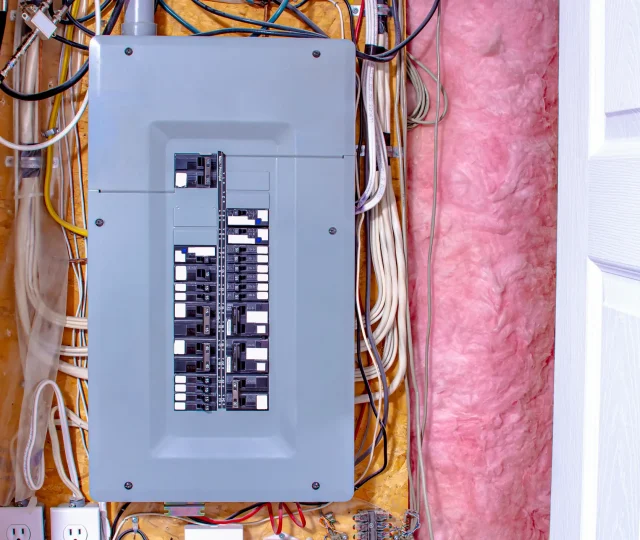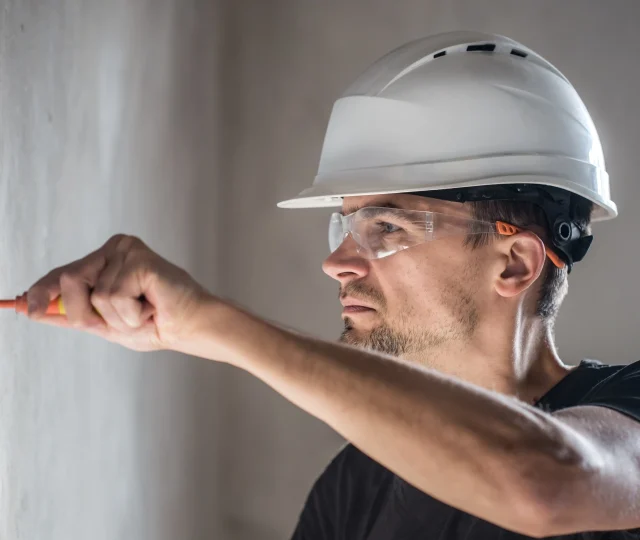
Your electrical panel has two main purposes:
Older panels have a higher risk of malfunctioning, and an outdated 100-amp panel might not have enough capacity to meet your current demand for energy (which is why 200-amp panel upgrades are common.)
Safety. Your risk of electrical fire goes up as your panel ages, and an updated panel is the best way to keep your home safe. There are two ways to bring your panel up to date:
There are other important benefits to consider:

Electrical panels last 25 to 40 years on average. It’s a wide time range because maintenance and usage have a lot to do with how long your panel will last.
If you’re getting close to the end of your panel’s lifecycle, you’ll likely notice these signs:
Your home still has fuses instead of breakers.
The breakers trip often, especially when a large appliance starts up.
You’re dealing with dimming or flickering lights.
There is heat or an unusual smell coming from the panel or outlets.

With JAXSL, upgrading your electrical panel is a simple and stress-free process:
Is it time to upgrade your panel? Get a professional recommendation with a free electrical panel assessment from JAXSL.
A 200-amp electrical panel can draw more power from the grid. It’s necessary if you need to power multiple circuits simultaneously or have high-demand applications like EV charging or an electric HVAC system.
Yes, an up-to-date electrical panel is important for keeping your home safe. It also improves your home value, and you might see a reduction in energy bills once you update your electrical infrastructure.
A licensed electrician can add breakers and circuits to your panel if the demand from these new systems won’t exceed the panel’s capacity.